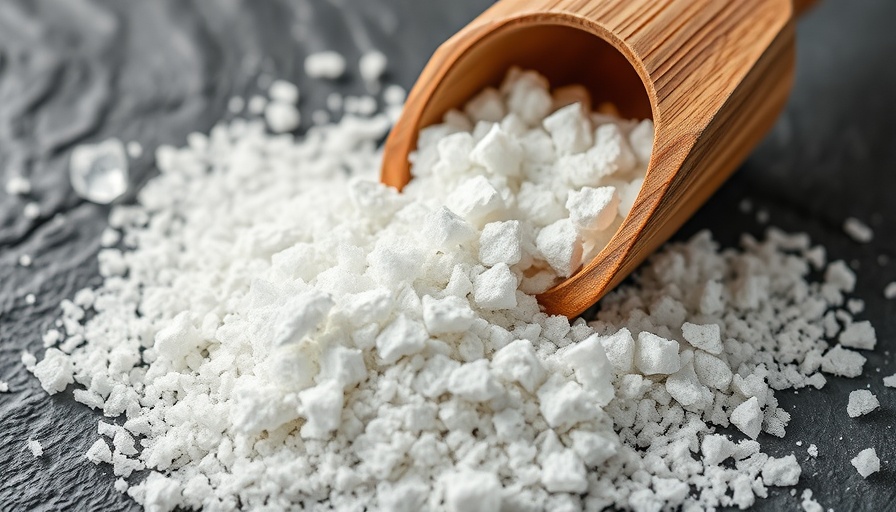
Understanding the Efficacy of Natural Remedies for Colds and Flu
As the cold and flu season approaches, many people are seeking alternatives or complements to the traditional flu vaccine. The flu vaccine is recommended by the U.S. Centers for Disease Control and Prevention (CDC) for everyone aged six months and older, and its effectiveness varies each year, typically reducing the risk of flu by about 40 to 50 percent. While the benefits of vaccination, particularly for vulnerable populations such as children and the elderly, are often highlighted, it’s crucial to explore what other natural options—like elderberry, echinacea, and cranberries—can offer in terms of immune support.
The Power of Elderberry: A Natural Infection Fighter
Elderberry has long been touted as a natural remedy for flu-like symptoms. A review of multiple studies reveals that elderberry extract can significantly inhibit the flu virus's growth in a laboratory setting and may enhance immune responses. Research shows that elderberry supplementation can lead to improved recovery rates—over an astonishing 20 times more significant than placebo groups in initial clinical trials. Moreover, a study conducted on air travelers revealed that those who took elderberry experienced reduced cold duration, averaging five days instead of the customary seven days when afflicted with cold symptoms. This evidence suggests that elderberry might not just be a myth but a valuable ally during flu season.
Echinacea: The Evidence and Its Limitations
On the other hand, echinacea’s reputation as an immune booster is mixed. Although some trials indicate it may lessen symptoms of colds, the results have not been uniformly compelling. The statistical significance of the findings is often borderline, leaving some uncertainty about echinacea's effectiveness. A comprehensive analysis of various studies suggested a possible 20 percent reduction in cold incidence, but it is essential to consider both the positive and negative results reported, as some studies may remain unpublished due to bias.
Cranberries and Their Role in Health
Cranberries are another fruit associated with health benefits, most notably their capacity to prevent urinary tract infections (UTIs). While there's less direct evidence linking cranberries to flu prevention, they are rich in antioxidants and vitamin C, nutrients that contribute to overall immune health. Including cranberry juice or whole cranberries in one's diet can be a delicious way to support your body’s defenses, especially during cold and flu season.
Balancing Evidence with Practicality in Health Choices
It's vital to approach claims about natural remedies with a balanced mindset. The studies surrounding elderberry show promising results, and while its consumption can definitely complement a preventive health strategy, it's crucial to base decisions on comprehensive research. The potential conflict of interest in the funding of elderberry studies calls for cautious optimism. Meanwhile, maintaining a healthy lifestyle with balanced nutrition, regular exercise, good sleep hygiene, and stress management remains integral during the cold and flu season. Parents and caregivers must ensure that their children get adequate rest and nutrition, enhancing their natural defenses during illness peaks.
Consolidating Health Insights for Better Outcomes
Ultimately, the cold and flu season presents an opportunity to educate ourselves about both traditional and natural health practices. While it’s essential to receive vaccinations as recommended by health authorities, incorporating natural remedies like elderberry and maintaining a wholesome lifestyle can enhance health resilience. Parents, fitness enthusiasts, and health-conscious individuals should consider the holistic approach to well-being, recognizing the synergy between modern medicine and nature’s offerings.
In conclusion, staying informed about the evolving findings on elderberry, echinacea, and cranberry use during the cold and flu season empowers consumers to make educated health choices. As you prepare for the coming months, ensure your family embraces both preventative vaccinations and the nourishment of natural remedies to combat seasonal ailments effectively. Take proactive steps by discussing options with your healthcare provider and assessing what might work best for your health journey.
 Add Row
Add Row  Add
Add 




 Add Row
Add Row  Add
Add 


Write A Comment